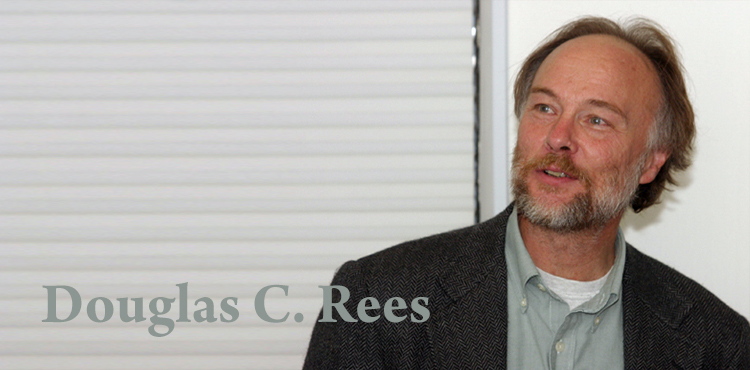
Douglas C. Rees
Investigator, Howard Hughes Medical Institute; Roscoe Gilkey Dickinson Professor of Chemistry, Division of Chemistry and Chemical Engineering, California Institute of Technology, USA
Structural Studies of Channels and Transporters
Specialized integral membrane proteins known as channels and transporters mediate the passage of most molecules across biological membranes. Over 360 families of transporters have been identified through biochemical and genomic analyses, highlighting the significance of transport processes in cellular metabolism. The integral membrane proteins that mediate these transport processes may be divided into two general categories: channels that facilitate themovement of molecules across the membrane in their thermodynamically favorable direction, and active transporters that function as molecular pumps to translocate their substrates across the membrane against a chemical potential gradient. Although these transport families encompass a wide range of functions, molecular architectures and mechanisms, there are common elements that must be incorporated within their structures, namely the translocation pathway, ligand specificity elements, and regulatory sensors to control the rate of ligand flow across the membrane. This lecture will discuss aspects of the structure and mechanism of two bacterial transport systems: the stretch and voltage sensitive mechanosensitive channel of small conductance (MscS) and the ATP-dependent vitamin B12 uptake system (BtuCD), emphasizing their general implications for channel and transporter function.

